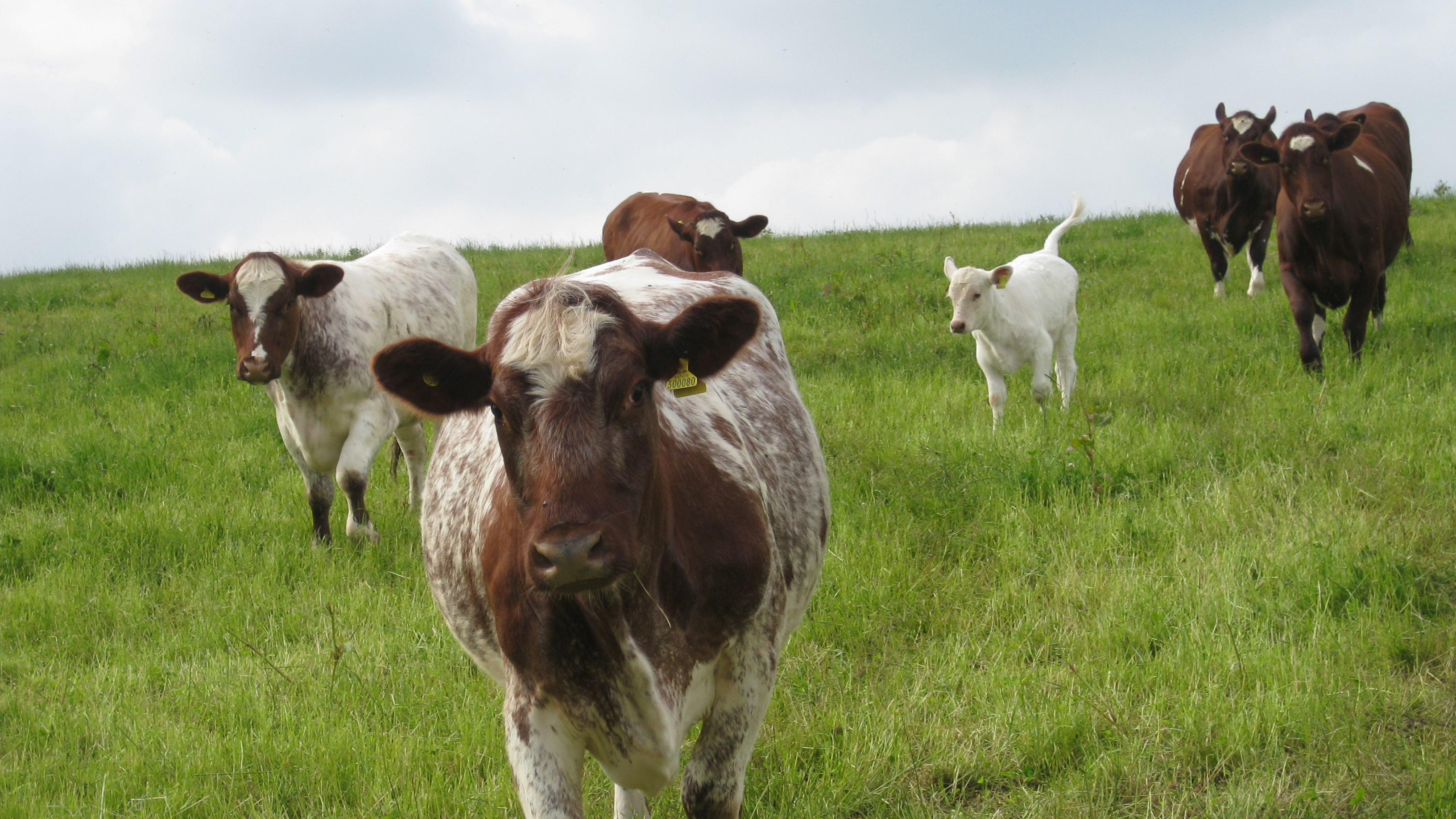SEEGSLIP sought to evidence the practices of Pasture for Life Association (PFLA) producers and farmer members using holistic, system-based approaches. Our findings show that whilst such systems in Great Britain are highly variable according to practitioner, location and practice they are economically viable and deliver wide ranging public goods.
Our findings also highlight the importance of considering individual practitioners, groups of practitioners and different practices when evaluating beef production systems and their environmental impacts.
Consumer studies indicated that consumers are aware of the power of food choices for influencing change, with some preferentially choosing PFLA products for ecosystem, animal and their own health. For other consumers, many competing priorities and constraints, including awareness about production methods, affected consumption choices.
SEEGSLIP on Twitter: @seegslip


